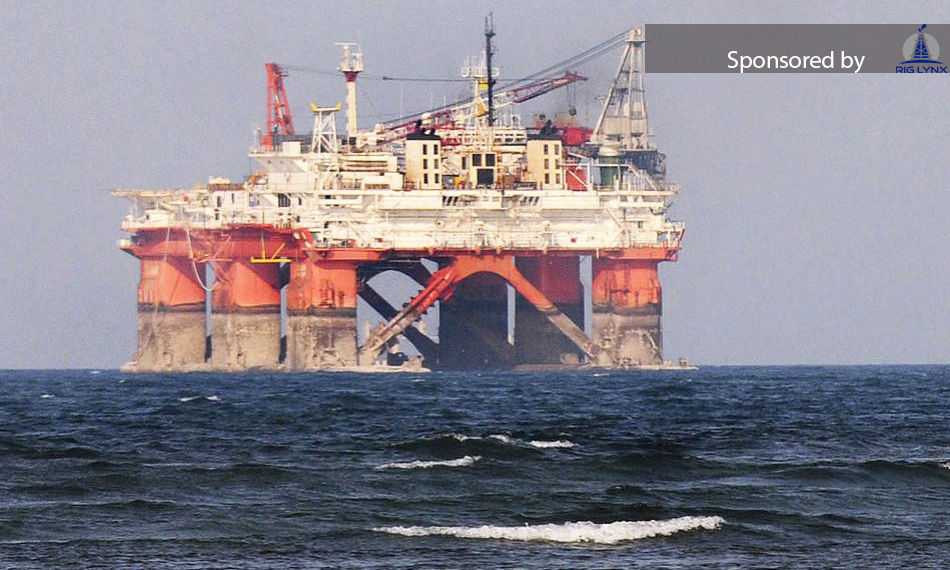
Earlier this year, oil and gas statisticians in Mexico marked a historical first, for on 23 March officials at the National Hydrocarbons Commission (CNH) created a buzz in the market by including “251 million barrels of oil equivalent (boe)†in national reserves discovered by private exploration and production companies operating their own prospection blocks.
While positive, keen-eyed observers were quick to note that Mexico’s headline reserves figure was in the region of 8.5 billion boe, implying that less than 3% of the proven reserves were in private hands. Furthermore, the CNH acknowledged that the reserves position was down 7% on an annualized basis compared to the same month last year.
And if you look purely at crude oil reserves, total privately held reserves are actually around 1%, because Mexico is “still learning to crawl, let alone walk†when it comes to courting the private sector investment needed to boost its standing, according to Carlos Morales-Gil, Chief Executive Officer of PetroBal.
To the uninitiated, PetroBal is Mexico’s first private sector oil and gas exploration company founded by tycoon Alberto Bailleres Gonzalez in 2015, following the historic privatization reforms introduced that year.
Since then, Mexico has seen 9 licensing rounds with 107 awarded contracts carrying an impressive 67% success in terms of contract execution.
“Don’t get me wrong, planning has been very well done and the pace of reform is impressive. This imparts a lot of transparency and there is much to be proud of,†Morales-Gil told delegates at the Baker McKenzie Oil & Gas Institute in Houston, Texas, USA, on Thursday (10 May).
But the Mexican industry captain also opined that it was now time to accelerate things further. “Mexico is a country with social challenges. So the value of our natural resources needs to be realized more efficiently, and monetized quicker. We are a welcoming market; for instance the OECD classifies Mexico as ‘Number One’ in Latin America as an economy open for investment.
“That welcoming attitude must transfer more meaningfully to the oil and gas sector. The challenge the government is facing is the speed of entrants from the private sector, and how to adapt to that. Farm-outs have been executed successfully but systemic problems and red tape remain.
“For instance, in the U.S. it took us two weeks to get a drilling permit. Such a time scale is unimaginable at the moment in Mexico. Furthermore, [state-owned] Pemex, which until 2015 had an absolute monopoly, is on its own learning curve following its loss of monopoly.â€
“Finally, If liberalization still remains the objective, we [private companies] also need open access to infrastructure built by Pemex,†Morales-Gil concluded. (continued on page 2)
Check out our other current stories, we dare you…
- How to move 5.4 million barrels out of the Permian
- $50 Billion in mergers coming to the Permian
- 75% increase in LNG carrier newbuilds!
<
On the sidelines of the same event, BenjamÃn Torres-Barrón, Leader of Baker McKenzie’s Energy, Mining & Infrastructure Practice Group in Mexico, told your correspondent that Pemex has so far been “reactive†to the reform due to the oil price environment and that time had come to be “proactive.â€
“While it is the dominant player in Mexico and will remain so, in this new climate where Mexico is embracing privatization of its natural resources, Pemex needs a definitive strategy, perhaps concentrate all its efforts on upstream operations, and if not – then a clearer vision for its integrated approach.â€
“We were getting a sense of this, but then the oil price slump happened at precisely the wrong time for Pemex, creating budgetary constraints and financial bleeding. Perhaps the time is now right for Pemex to focus on exploration, and transfer and divest assets to raise revenue, and/or partner with others on downstream.
“This ties in to a more generic sentiment about the investment climate. I think framework for attracting additional foreign direct investment (FDI) to the sector is already set and the political will is there.â€
Of course, some foreign investors would like wholesale changes to happen overnight. But many could be advised to look beyond upstream oil and gas to cross-spectrum hydrocarbon investment opportunities, Torres-Barrón added.
“Developing midstream, increasing pipeline capacity is an option. Capacity is expected to jump from 11,000 km to 19,000 km by 2019. The fuels markets, transportation capacity and storage are other avenues. Especially storage, given that Mexico only has 3 days of storage capacity.â€
The Baker McKenzie legal expert also suggested that a reversal of reserves decline and a production uptick will happen, but the issue is how soon. The Mexican government has announced that by 2030, it anticipates 3 million barrels per day (bpd) of production.
But with Presidential elections around the corner, could a potential new government or other risks scupper progress?
“Of course, there are operational, geological and price risks unique to Mexico’s market as with any other market. But I do not for a moment believe political risk is among them.
“And that’s for one reason alone – when things are on the up, why would any government want to kick the goose that lays the golden egg? Change of government, will not change the appetite for reform. The government needs the hydrocarbon revenues for its social programs, and despite challenges, I doubt its appetite for privatization will diminish.â€
Check out our other current stories, we dare you…


